Description
Kan, a waitress of the Izutsuya, and the geisha Fuseya of the Ogiya II by Eishōsai Chōki printed on a Hoodie
About the Hoodie
Modern fit
It provides a more tailored look than a regular fit
Comfortable
The fabric and fit of this item are extra comfy
Tear-away tag
Easily removable tear-away tag that allows you to add a custom inside label
Premium quality
The product is made from premium, high-quality materials
Classic unisex hoodie with a front pouch pocket and matching flat drawstrings. The 100% cotton exterior makes this hoodie soft to the touch.
- 65% ring-spun cotton, 35% polyester
- Charcoal Heather is 60% ring-spun cotton, 40% polyester
- Carbon Grey is 55% ring-spun cotton, 45% polyester
- 100% cotton face
- Fabric weight: 8.5 oz./yd.² (288.2 g/m²)
- Front pouch pocket
- Self-fabric patch on the back
- Matching flat drawstrings
- 3-panel hood
- Tear-away tag
Eishōsai Chōki (Active 1786-1808)
Eishōsai Chōki, also known as Momokawa Chōki, was a designer of ukiyo-e style Japanese woodblock prints who was active from about 1786 to 1808. He, along with Utamaro, was a pupil of Toriyama Sekien (1712–1788). Chōki is best known for his pictures of beautiful slender women, often with atmospheric backgrounds.
The artist signed most of his works Chōki (長喜), he also signed some work Eishōsai (栄松斎) or Shikō (子興).
The details of Chōki’s life are obscure. He was likely a student—and possibly an adopted son—of Toriyama Sekien. Chōki specialized in depicting beautiful women and had a number of art names: works signed Chōki were in the style similar to that of Kiyonaga, and those signed Shikō that of Utamaro.
Chōki lived in the home of publisher Tsutaya Jūzaburō, who published several of Chōki’s print series. Amongst Chōki’s more popular series were the Eight Views of Lake Ōmi (Ōmi hakkei) and the Eight Views of the Treasury of Loyal Retainers (Chūshingura hakkei). He also produced hashira-e pillar prints, kachō-e prints of birds and flowers, and book illustrations. His last known work is the illustrations for the book Nakoso Gate (Nakoso no seki) by Kanwatei Onitake in 1809.

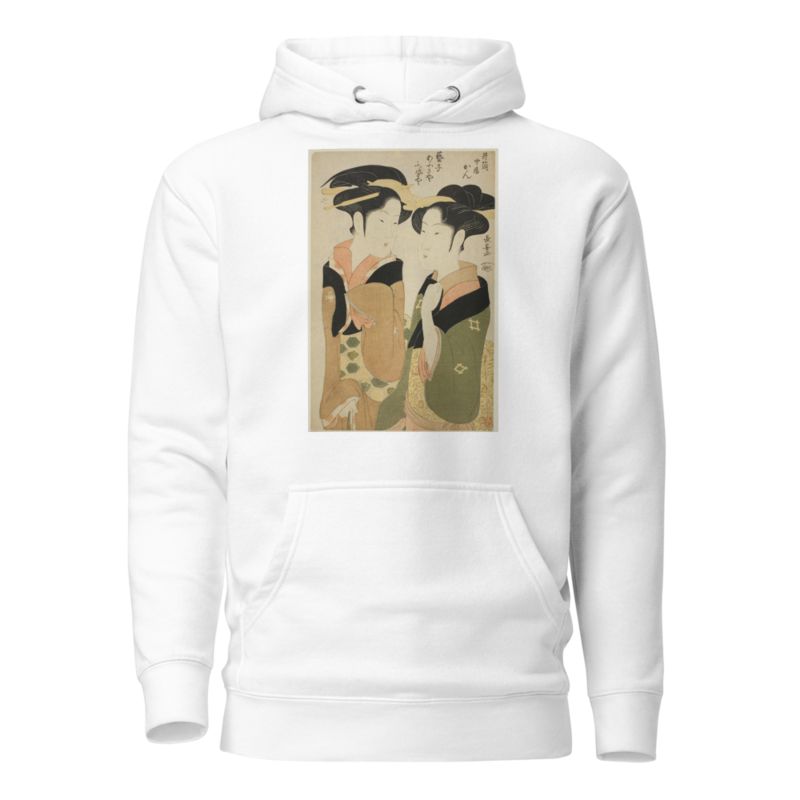
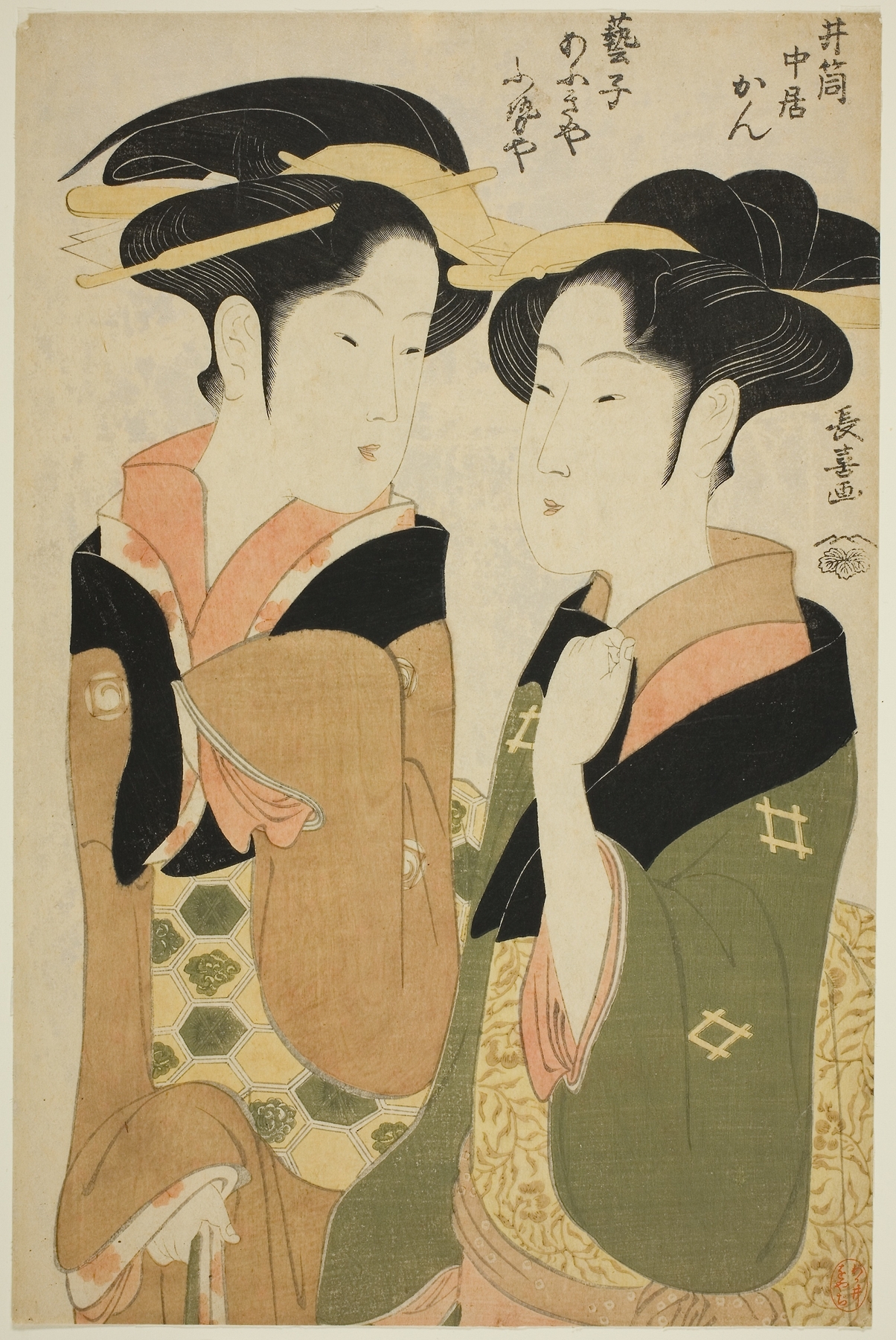
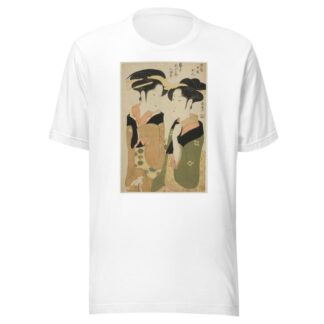
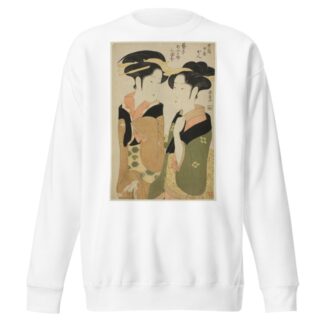
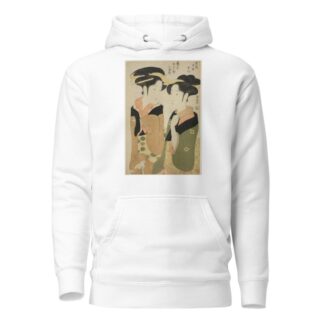
Reviews
There are no reviews yet.